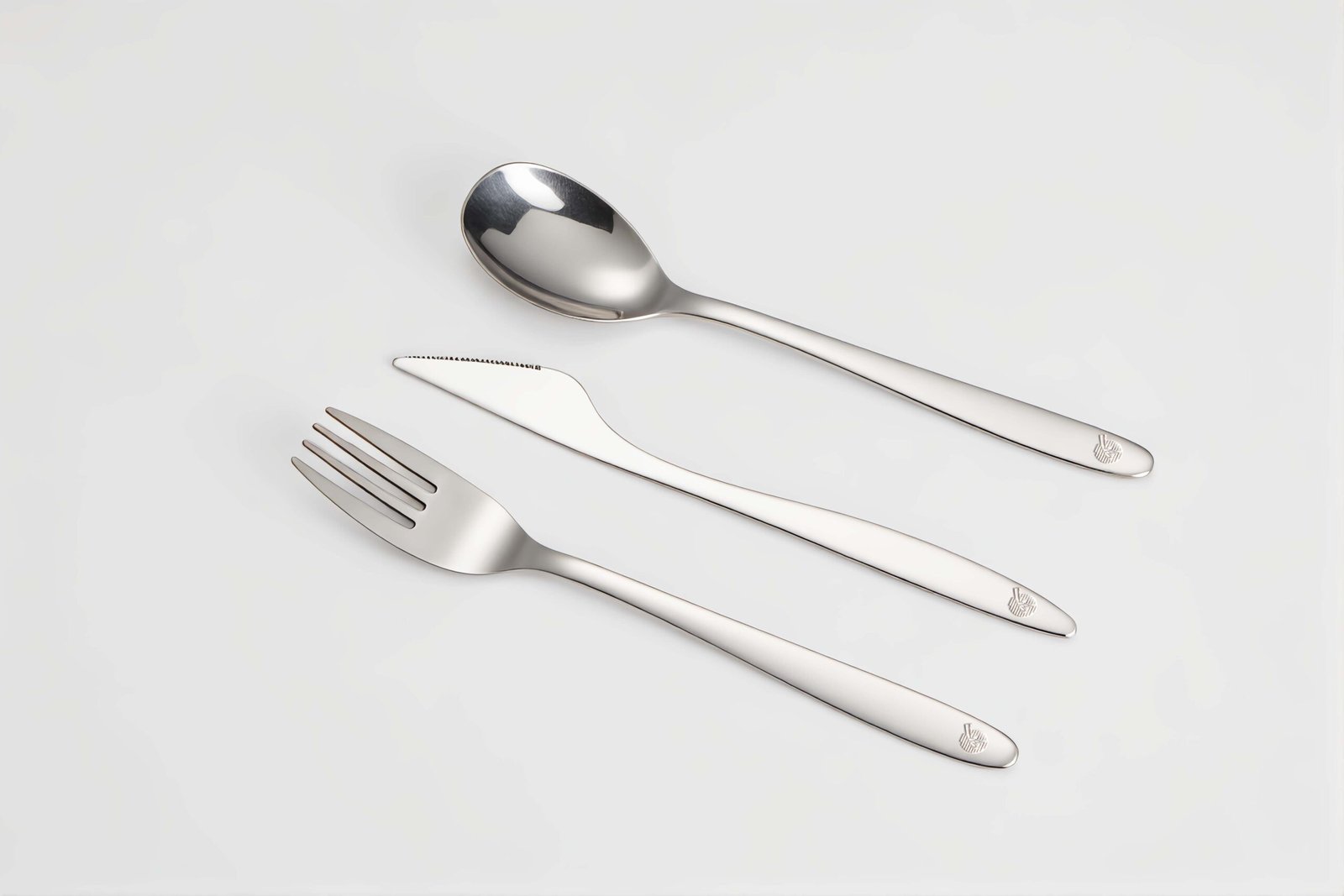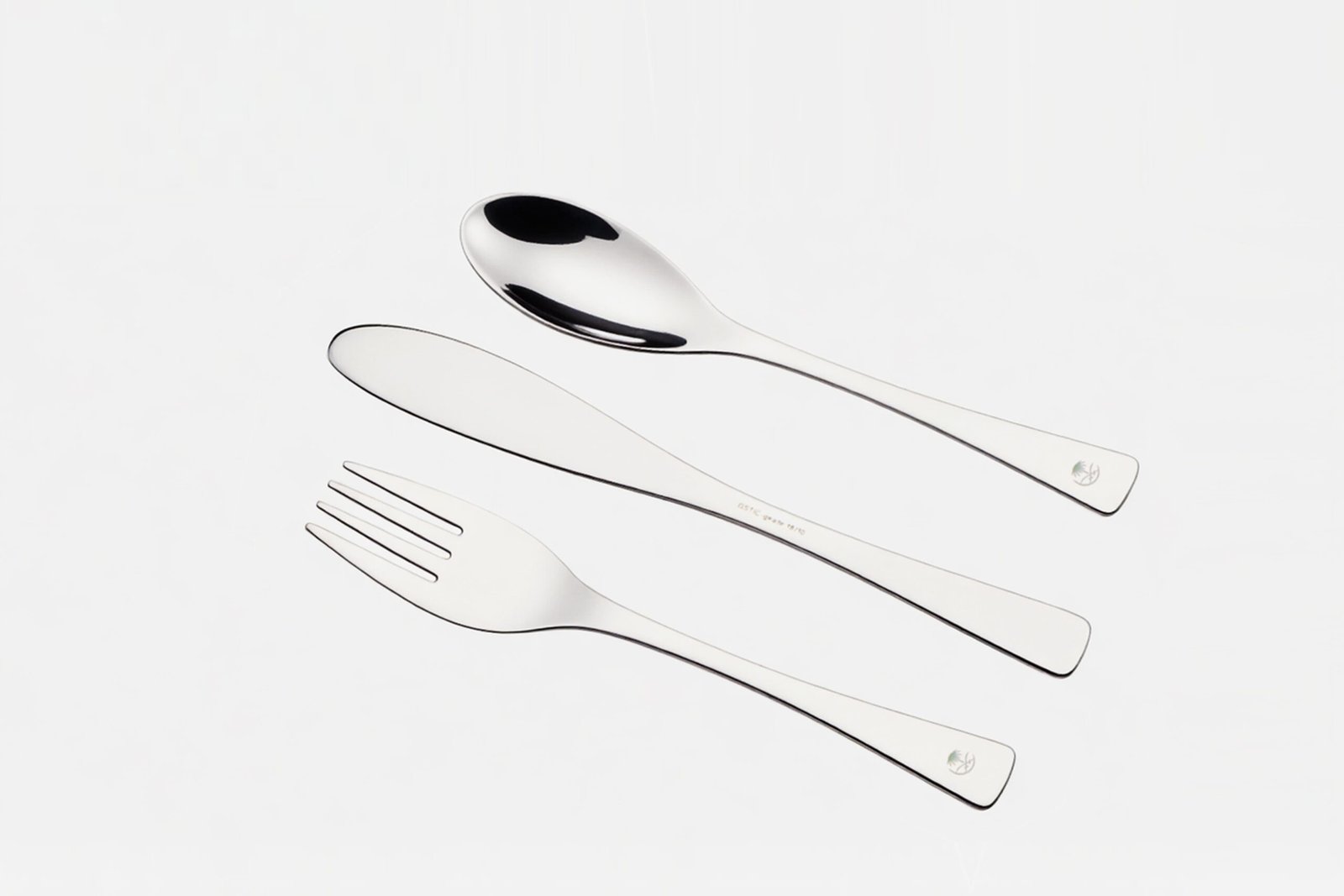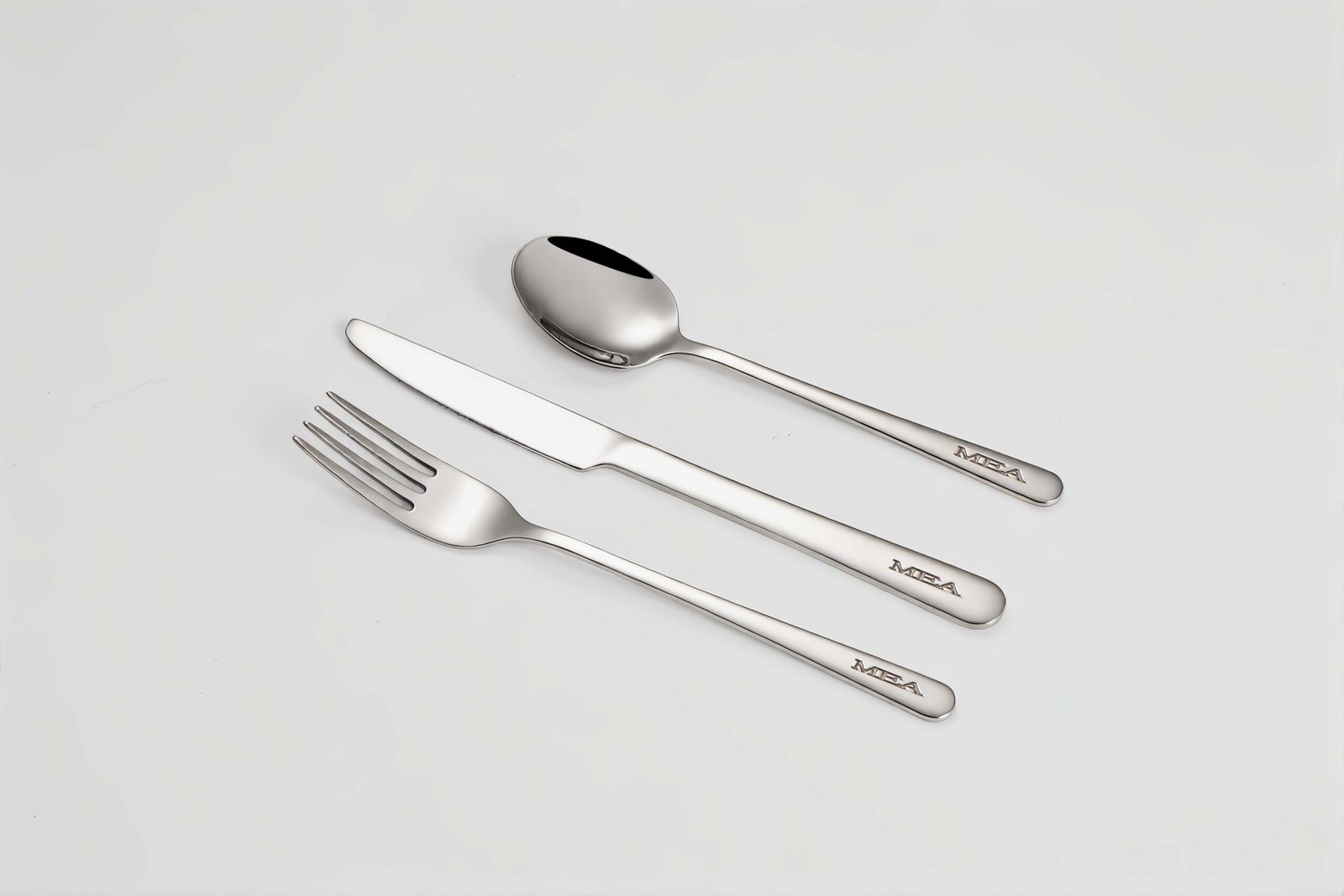Serving utensils might seem straightforward until you’re hosting an event, and confusion about proper etiquette becomes embarrassing and frustrating.
Serving utensils include spoons, cake servers, pie servers, tongs, ladles, and forks. They help distribute food neatly and hygienically, each having distinct functions based on food type and serving style.
Understanding which utensil serves what purpose prevents awkward moments at gatherings. Keep reading to confidently serve your dishes with the right tools.
Table of Contents
What are the rules for serving utensils?
Ever placed a random spoon beside a dish and later felt the guests’ confusion?
Serving utensils should always match the type of food served: spoons for liquids and soft dishes, forks for meats and salads, tongs for grabbing individual items, and servers specifically for desserts.
Serving Utensil Etiquette
Serving utensils might seem basic, but their correct use reflects thoughtfulness and knowledge of dining etiquette. Let’s explore further.
Common Utensils and Usage Rules:
| Utensil | Usage | Example Dishes |
|---|---|---|
| Serving Spoon | Liquids, soft foods, side dishes | Soups, mashed potatoes |
| Serving Fork | Solid foods, meats, sliced items | Roast beef, salads |
| Tongs | Grabbing individual portions | Bread rolls, salad greens |
| Ladle | Soups and sauces | Broth, gravy |
| Pie/Cake Server | Desserts with crust or pastry base | Cheesecake, apple pie |
I used to think one serving spoon was enough for everything. At my first formal event, guests awkwardly tried scooping cake slices with spoons. The messy result taught me the importance of correct utensil selection. Now, I recommend clearly identifying each utensil’s purpose to guests or choosing utensils that inherently match their dishes’ consistency.
The material matters as well. Stainless steel is versatile, practical, and professional. Silver-plated utensils add elegance but require more care. Wood or bamboo utensils suit casual outdoor dining but may not withstand prolonged usage or formal events.
Selecting utensils based on food type and event formality makes serving seamless and comfortable for both host and guest.

What is a cake serving utensil called?
Trying to gracefully serve cake slices with a regular fork or spoon often leads to crumbly disasters.
A cake serving utensil is commonly known as a cake server or cake slice. It typically has a flat, wide blade and a pointed tip designed for lifting and transferring cake slices.
Cake Serving Utensils
Cake servers vary based on design and specific purposes. Let’s examine types and their best uses.
Types of Cake Servers:
| Type | Features | Ideal Cake Type |
|---|---|---|
| Standard Server | Flat blade, pointed tip | Sponge cake, layered cake |
| Serrated Server | Blade with serrated edges | Cakes with thicker crusts |
| Offset Server | Angled handle, flat blade | Large cakes, wedding cake |
When designing cake servers for my clients, I’ve noticed that a good cake server blends aesthetics and functionality. An ergonomic handle makes serving effortless, while a quality blade ensures slices remain intact and appealing.
Cake servers should also match the event style. A polished stainless steel server suits elegant weddings or corporate events. Decorative porcelain handles add charm to casual gatherings. However, remember practical usability must always precede appearance. An overly ornate server that’s difficult to grip or clean can become frustrating.
Designers should carefully balance aesthetics with ergonomics, ensuring servers look attractive yet remain practical for repeated use. Always test servers personally—comfort during handling makes a huge difference.

What is a serving utensil called?
Ever struggled to find the exact utensil name while explaining your needs to others?
General serving utensils include spoons, ladles, forks, tongs, and servers. Each utensil has specific names like serving spoon, salad tongs, cake server, or pie server depending on their function.
Serving Utensil Terminology
Let’s clarify serving utensil terminology to eliminate confusion.
Common Names and Uses:
| Utensil Name | Main Use | Examples of Suitable Food |
|---|---|---|
| Serving Spoon | Scooping | Rice, mashed potatoes |
| Salad Fork | Tossing or serving salad | Green salads |
| Pie/Cake Server | Serving pastry desserts | Cheesecake, fruit pies |
| Pasta Server | Serving noodles/pasta | Spaghetti, fettuccine |
| Gravy Ladle | Pouring sauces | Gravy, sauce |
Knowing specific utensil names makes ordering, purchasing, and designing much easier. As a marketer in the cutlery industry, clear terminology helps me communicate effectively with clients and suppliers. It also ensures products accurately match customer expectations and functional requirements.
Moreover, correct naming avoids misunderstandings during formal dining situations. Using the correct utensil name confidently signals professionalism and attention to detail. It also impresses guests and demonstrates thoughtful hosting etiquette.
When should a serving spoon be used?
Ever hesitated over whether a serving spoon was the appropriate choice for certain dishes?
A serving spoon is used for dishes that are soft, liquid, or loose. Typical examples include mashed potatoes, rice, casseroles, sauces, and soups.
Appropriate Serving Spoon Usage
Knowing precisely when to select a serving spoon ensures seamless serving experiences.
Serving Spoon Appropriateness:
| Dish Type | Serving Spoon? | Explanation |
|---|---|---|
| Soup/Broth | Yes (ladle) | Scoops liquid effectively |
| Rice/Casserole | Yes | Easy scooping and serving |
| Sliced Meats | No (use fork) | Spoon ineffective for lifting slices |
| Salads | Depends | Spoon for creamy salads, fork for leafy |
I have often seen serving spoons misused, creating confusion and messy servings. For example, using spoons to serve sliced meats typically leads to awkward handling and messy plates. Instead, use forks or tongs designed for easy gripping.
Selecting the right spoon size is also crucial. Smaller spoons suit side dishes, preventing oversized servings. Large spoons help distribute main dishes efficiently. Utensil choice and size demonstrate attention to detail, influencing guests’ dining comfort and overall impression.
What utensil do you use for cake?
Have you struggled awkwardly serving cake because you lacked the proper tool?
A cake server is the correct utensil for cake. It is flat, triangular-shaped, and designed specifically for slicing and serving cakes neatly.
Cake Utensils
Understanding cake-specific utensils enhances serving precision.
Cake Serving Utensils:
| Utensil | Function | Best Cake Type |
|---|---|---|
| Cake Server | Lifts and serves slices | All cakes |
| Cake Knife | Cuts neat slices | Firm cakes like pound cakes |
Clearly distinguishing between a cake knife and server helps in precise serving. I once mistakenly used a knife to serve soft sponge cake, and slices collapsed into a messy heap. Now, I advise pairing knives for slicing with servers for lifting. This practice ensures cake integrity during serving and presentation.

What is the difference between a cake server and a pie server?
Confused about using cake servers interchangeably with pie servers?
Cake servers usually have straight edges, ideal for neatly serving softer cakes. Pie servers have serrated edges, designed to cut through tougher crusts efficiently.
Cake vs Pie Servers
Differences Between Servers:
| Aspect | Cake Server | Pie Server |
|---|---|---|
| Blade Edge | Straight | Serrated |
| Ideal Foods | Sponge, mousse cakes | Fruit pies, crusty desserts |
Choosing the correct server greatly impacts dessert serving success.
Selecting the right serving utensils enhances dining elegance, functionality, and guest satisfaction. Remember, purposeful design always simplifies serving.






